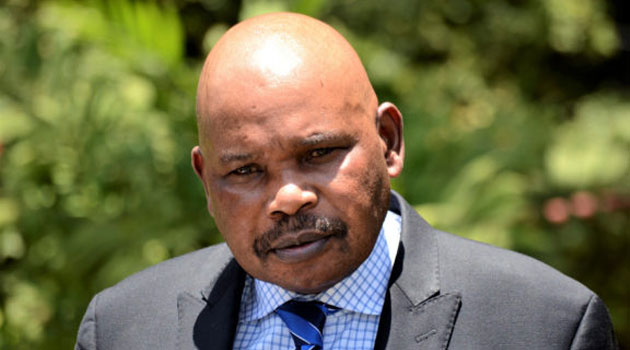Senior Adviser on Constitutional Affairs to the President, Makau Mutua, has strongly defended the government’s plan to compensate victims of protests and riots, dismissing opposition criticism from Kalonzo Musyoka and Eugene Wamalwa.
The two Azimio leaders had labelled the proposed compensation framework unconstitutional and contrary to the principles of natural justice. They argued that the government’s sudden move was politically motivated and designed to appease grieving families, particularly after years of alleged abductions, enforced disappearances, and extrajudicial killings targeting young people.
However, Mutua said their claims were unfounded and ignored global precedents in transitional justice. “Transitional justice mechanisms are always done by governments. The most famous of these was the South African Truth and Reconciliation Commission (TRC),” he noted, explaining that the TRC was established to address atrocities committed under apartheid some of the worst human rights violations in modern history.
Mutua urged Musyoka and Wamalwa to offer more credible reasons for opposing the initiative, describing the program as a noble effort to heal the nation. He cautioned against turning such a sensitive matter into a tool for political point-scoring. “Not everything must be subjected to cheap and toxic politics,” he said.
President William Ruto unveiled the compensation framework on August 8, 2025, through a presidential proclamation. The plan will offer reparations to civilians and security personnel who suffered bodily harm or lost their lives during protests and riots held since 2017.
According to the government, the initiative will be implemented under the Executive Office of the President in partnership with the Office of the Attorney General, the Ministry of Interior and National Administration, the National Treasury, and other relevant agencies.
Ruto said the program is rooted in “compelling national interest” to provide accountability, redress, and reparations for victims. The government argues the move will not only acknowledge past injustices but also strengthen social cohesion and public trust.
As the debate intensifies, the framework has emerged as yet another flashpoint between the government and opposition, highlighting deep divisions over how Kenya should address the legacy of violence linked to public demonstrations.

